Voices That Lead: Reflections From PRSA’s AANHPI Heritage Month Panel
At a time when visibility and belonging matter more than ever, PRSA’s AANHPI Affinity Group hosted a powerful and heartfelt panel in honor of Asian American, Native Hawaiian and Pacific Islander (AANHPI) Heritage Month on May 7. It was more than just a gathering — it was a celebration of identity, a platform for truth-telling […] The post Voices That Lead: Reflections From PRSA’s AANHPI Heritage Month Panel first appeared on PRsay.

At a time when visibility and belonging matter more than ever, PRSA’s AANHPI Affinity Group hosted a powerful and heartfelt panel in honor of Asian American, Native Hawaiian and Pacific Islander (AANHPI) Heritage Month on May 7.
It was more than just a gathering — it was a celebration of identity, a platform for truth-telling and a call to keep lifting each other up. A trio of leaders who each represent a different corner of the communications world served as panelists:
- Alexandra Lazorchak, vice president of corporate and government affairs, North America, Mondelez
- Olivia Chung, director of communications, the W.K. Kellogg Foundation
- Ravi Sunnak, executive vice president, sustainable development goals (SDGs), Porter Novelli
PRSA’s AANHPI Affinity Group co-chairs Cheryll Forsatz, chief client officer at Ketchum, and Binna Kim, CEO of the Vested Group, moderated the panel. The conversation spanned everything from professional journeys to cultural identity to the challenges of speaking up in rooms where your voice is often the only one like it.
Key takeaways from the conversation
1. Identity is core — not a footnote.
2025 is not the time to downplay who we are. Every panelist shared how their heritage shaped their leadership style, communication choices and how they show up at work. From Sunnak’s experience breaking into PR in the UK to Olivia’s advocacy-rooted journey, each story proved that culture and career aren’t separate — they’re deeply connected.
2. Representation changes everything.
Seeing yourself reflected in leadership isn’t just inspiring — it’s essential. “You can’t be what you can’t see,” one panelist said, and it resonated. Creating space for future generations means owning our presence now and making room for others at the table.
3. Move from messaging to storytelling.
The conversation shifted from surface-level “inclusive messaging” to the real work of inclusive storytelling. That means avoiding stereotypes, pushing back on harmful narratives and ensuring that communities are partners in how their stories are told — not just subjects. As Sunnak shared, “It’s not about being the voice for the voiceless. It’s about making space so others can speak.”
4. Small actions equal big change.
Not everyone can make sweeping policy changes — but every single person can create change in their day-to-day work. Whether it’s checking in with your team, mentoring a rising professional, or simply asking, “Is this authentic?” during a campaign planning session — those moments matter.
5. Community is a lifeline.
When DEI feels under threat or when harmful stereotypes resurface, community is where we find strength. Multiple panelists mentioned the power of mentorship, networking and simply not feeling alone. “Don’t leave the room without a connection,” Lazorchak advised. It’s a reminder that the relationships we build today can become the support systems we lean on tomorrow.
What about the next generation?
Younger professionals are showing up proud — of their identities, their cultures and their voices. But they’re also navigating systems that haven’t always been built for them. Panelists encouraged experienced leaders to mentor, connect and “say yes” when people reach out.
“I can’t explain every step I took to get here,” Sunnak said, “but I can ask, ‘What do you need?’ and help however I can.” Whether that means reviewing a resume, making an intro, or just offering honest advice, lifting others is how we rise together.
Navigating DEI in a changing landscape
One of the biggest questions of the night: What happens to DEI when support fades?
The answer? We adapt, we reframe and we recommit. Even as DEI budgets are cut or programs are renamed, the mission doesn’t go away. As communicators, we have the power to keep equity alive in our messaging, strategies and leadership practices.
“It might be called something else,” one panelist said, “but we’ll still be doing the work.”
Final words of wisdom
The evening closed with words that everyone in the room — and on Zoom — will carry forward:
- Be proud of who you are.
- Keep showing up, even when it’s hard.
- Build community and stay connected.
- Don’t wait for change — be the change.
- And remember: You don’t have to do it all, but you do have to do something.
The DEI Committee thanks the PRSA AANHPI Affinity Group, including founding co-chair Darrel Ng, vice president of communications and marketing at Health Net, the panelists, and every person who joined the session. Per the Committee: “Let this not be the end of a conversation — but a new beginning. We’re stronger together, and we’re just getting started.”
You can watch a replay of the session below:
The post Voices That Lead: Reflections From PRSA’s AANHPI Heritage Month Panel first appeared on PRsay.
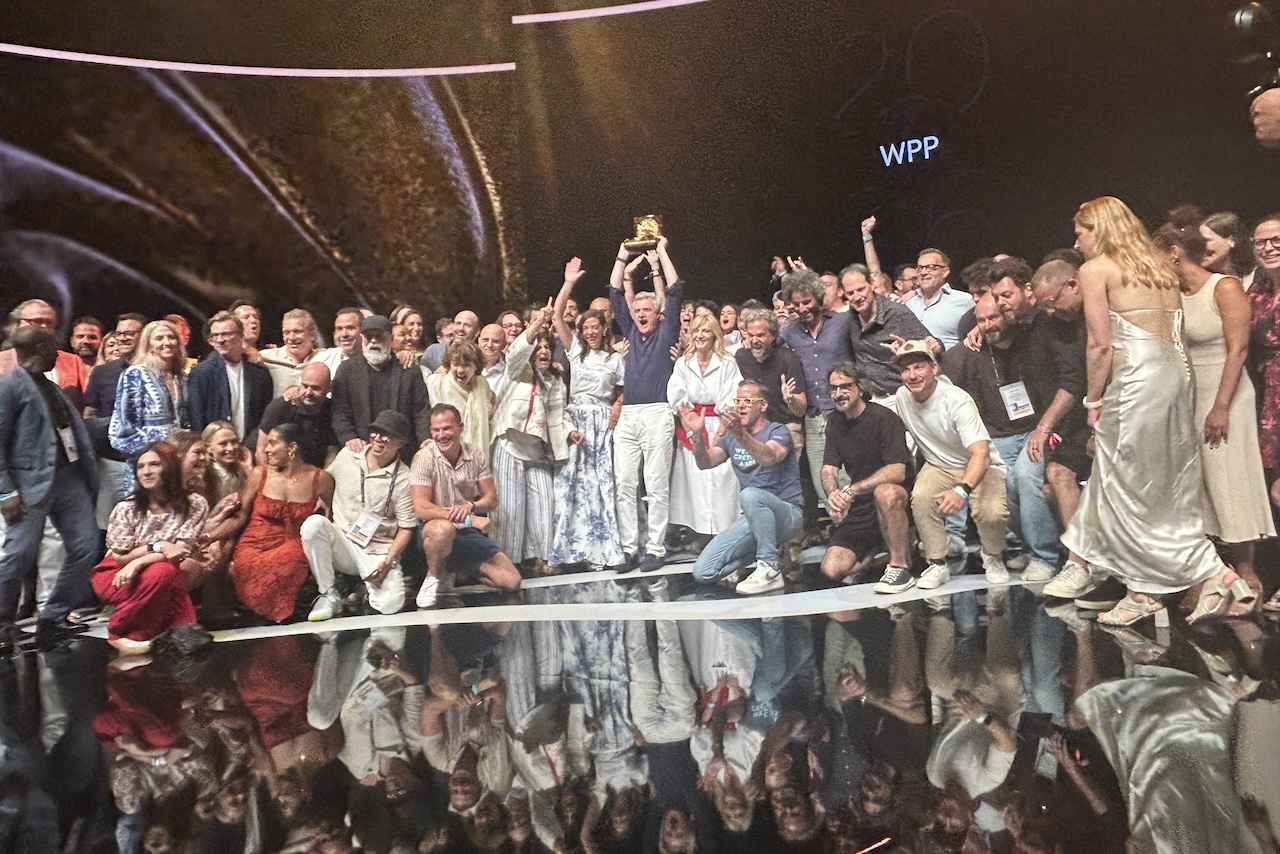














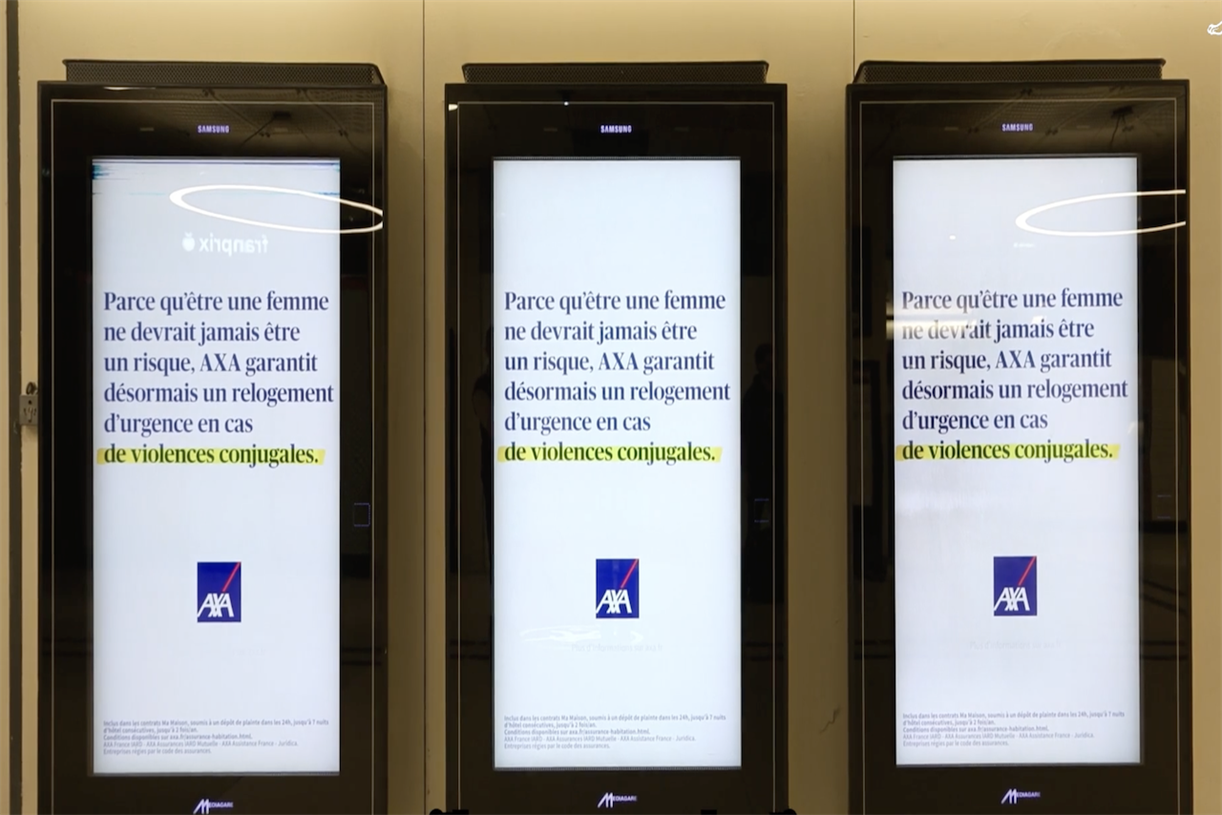
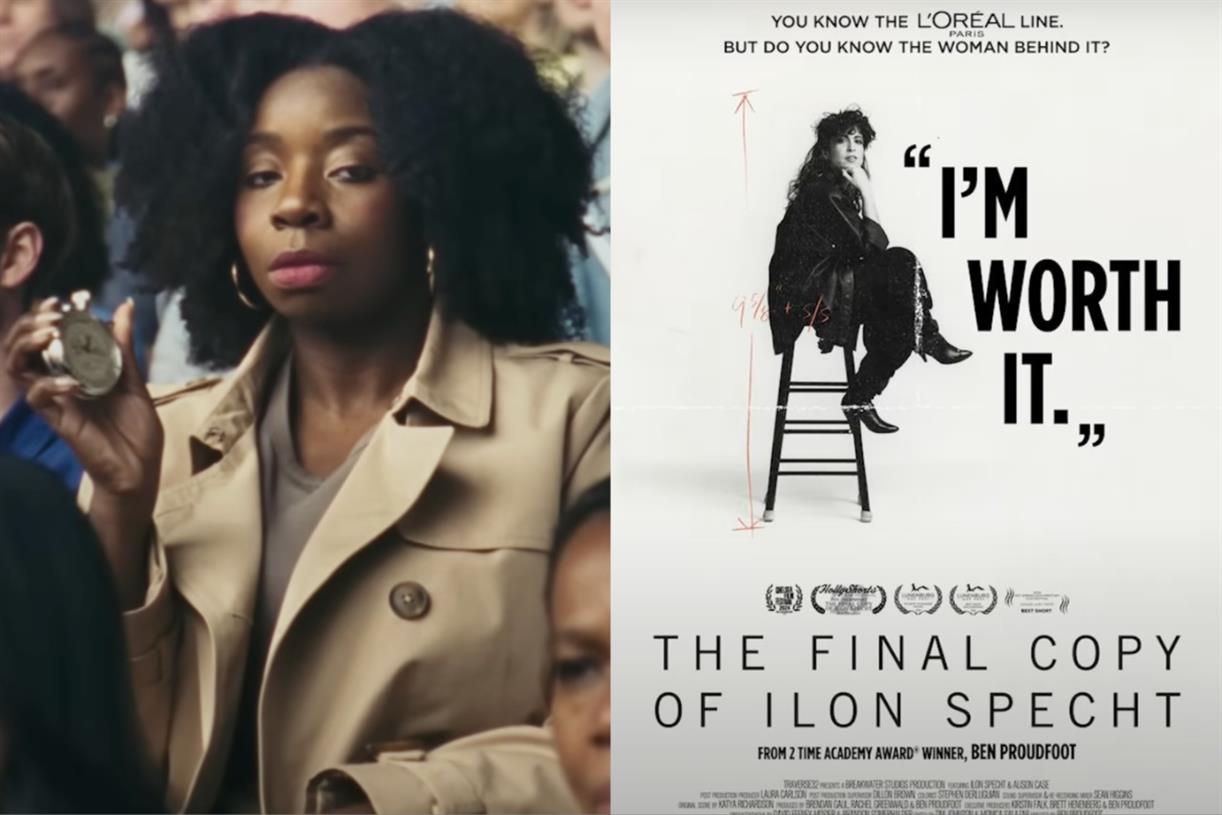

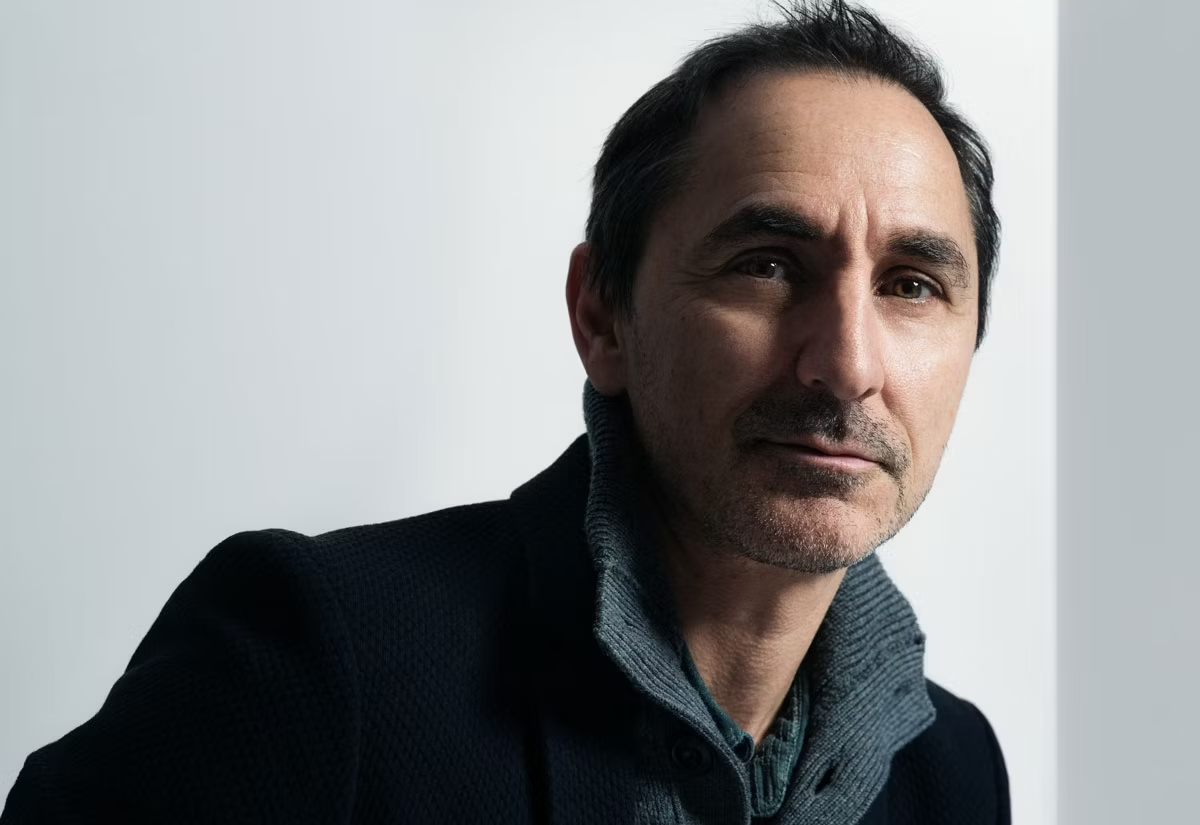






![How To Drive More Conversions With Fewer Clicks [MozCon 2025 Speaker Series]](https://moz.com/images/blog/banners/Mozcon2025_SpeakerBlogHeader_1180x400_RebeccaJackson_London.png?auto=compress,format&fit=crop&dm=1750097440&s=282171eb79ac511caa72821d69580a6e#)

![Brand and SEO Sitting on a Tree: K-I-S-S-I-N-G [Mozcon 2025 Speaker Series]](https://moz.com/images/blog/banners/Mozcon2025_SpeakerBlogHeader_1180x400_LidiaInfante_London.png?auto=compress,format&fit=crop&dm=1749465874&s=56275e60eb1f4363767c42d318c4ef4a#)

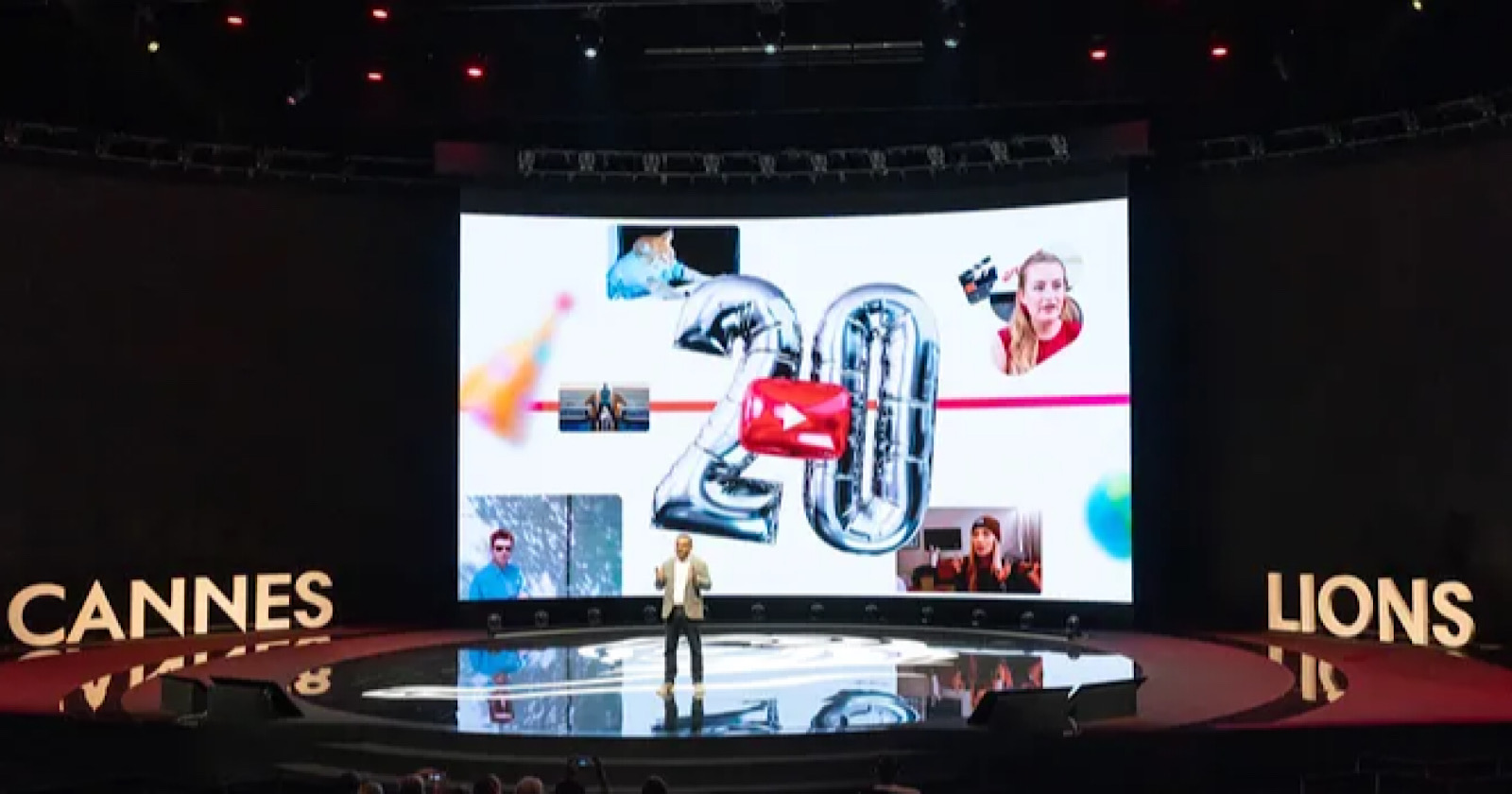






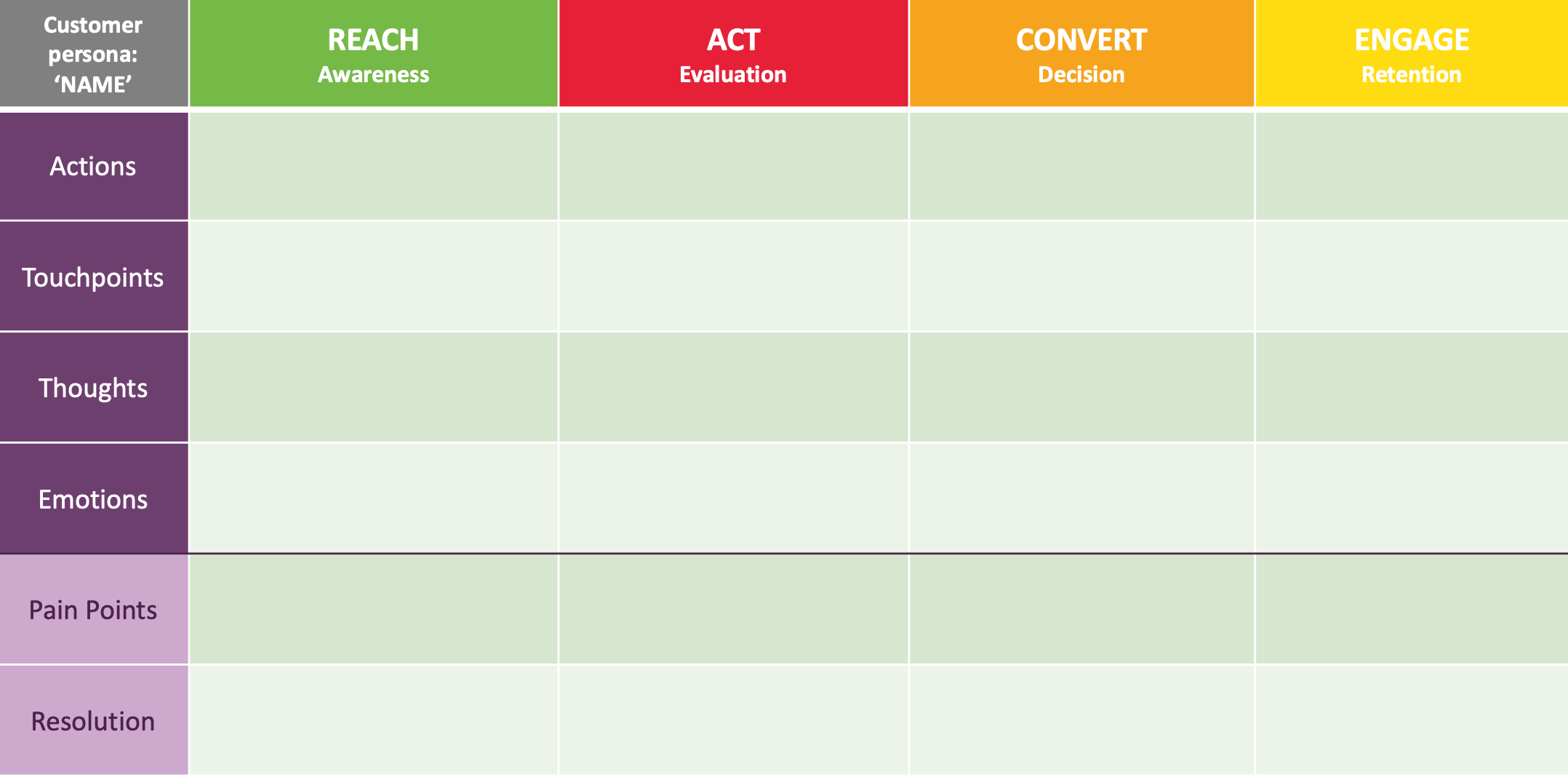















![The 11 Best Landing Page Builder Software Tools [2025]](https://www.growthmarketingpro.com/wp-content/uploads/2024/04/best-landing-page-software-hero-image-1024x618.png?#)


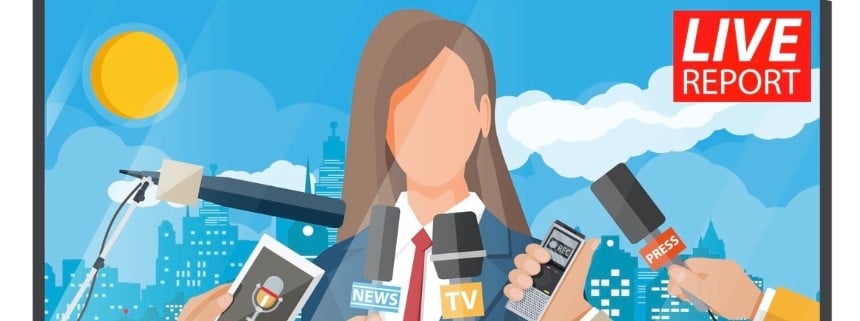

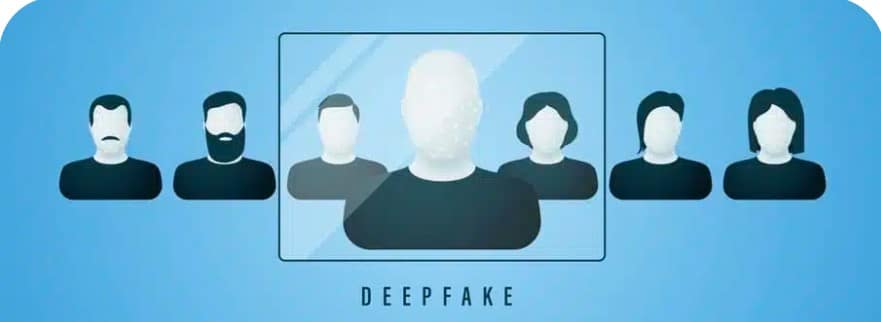











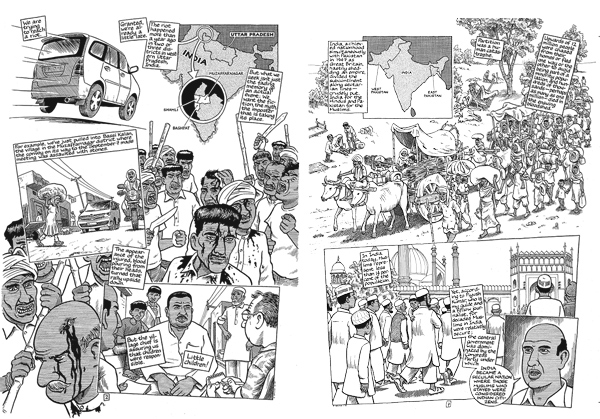
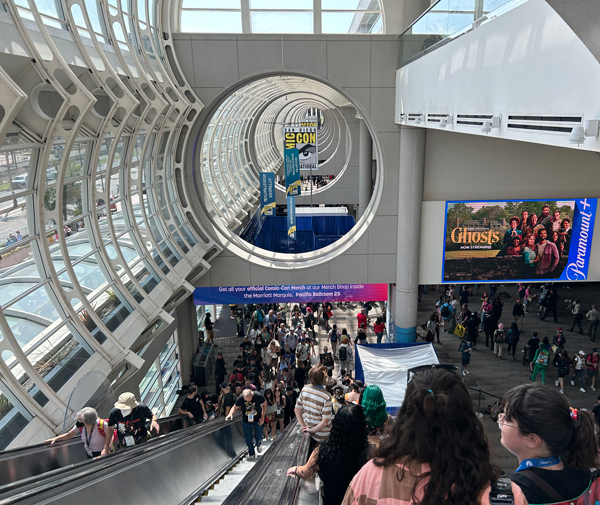

















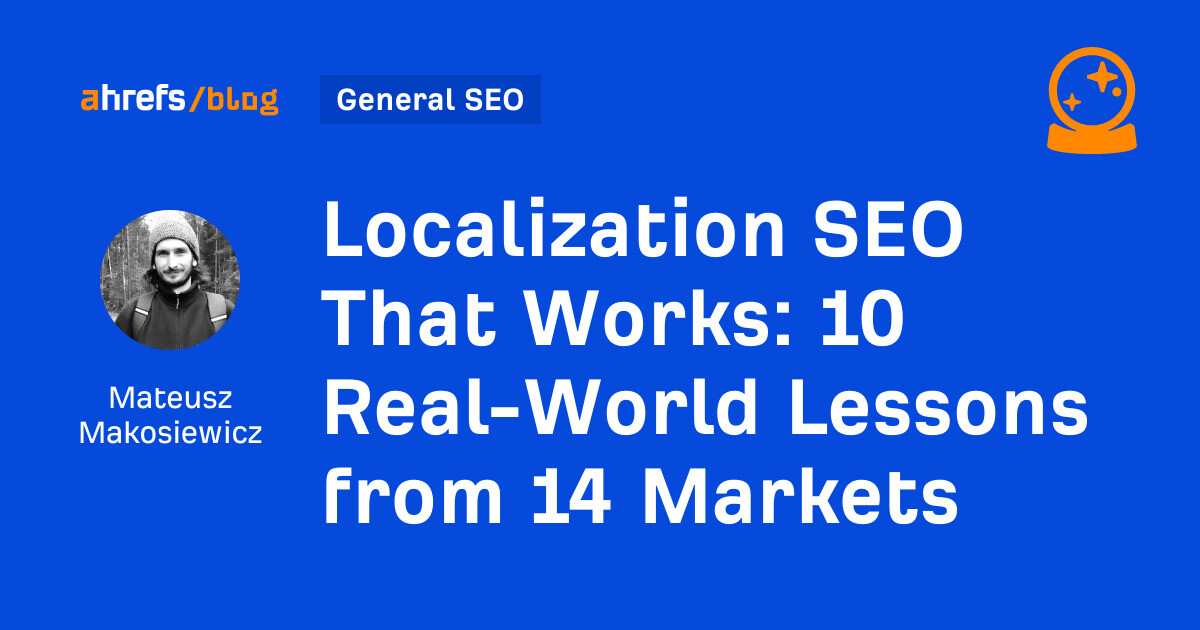
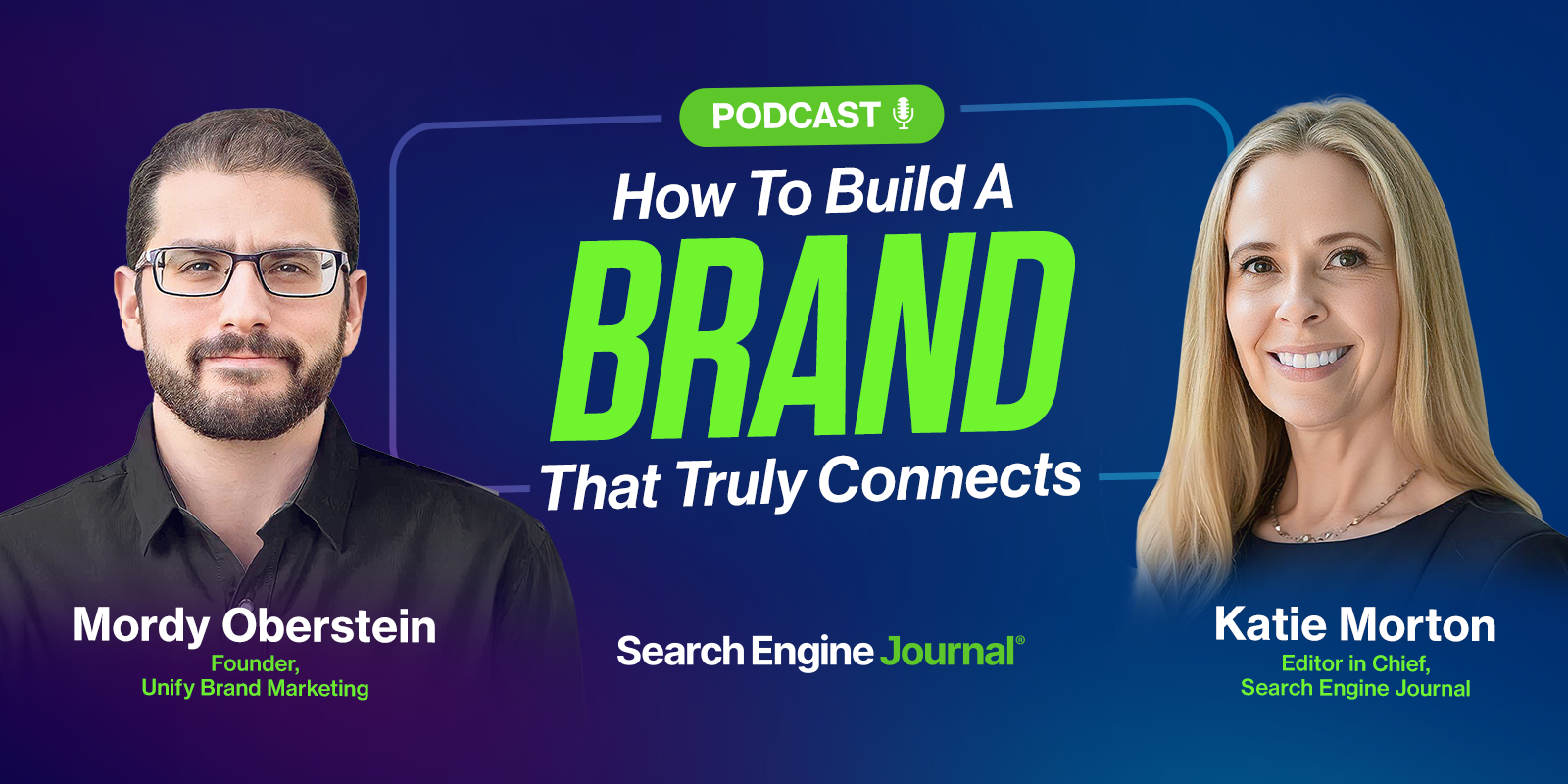

![How to Create an SEO Forecast [Free Template Included] — Whiteboard Friday](https://moz.com/images/blog/banners/WBF-SEOForecasting-Blog_Header.png?auto=compress,format&fit=crop&dm=1694010279&s=318ed1d453ed4f230e8e4b50ecee5417#)
![How To Build AI Tools To Automate Your SEO Workflows [MozCon 2025 Speaker Series]](https://moz.com/images/blog/banners/Mozcon2025_SpeakerBlogHeader_1180x400_Andrew_London-1.png?auto=compress,format&fit=crop&dm=1749642474&s=7897686f91f4e22a1f5191ea07414026#)










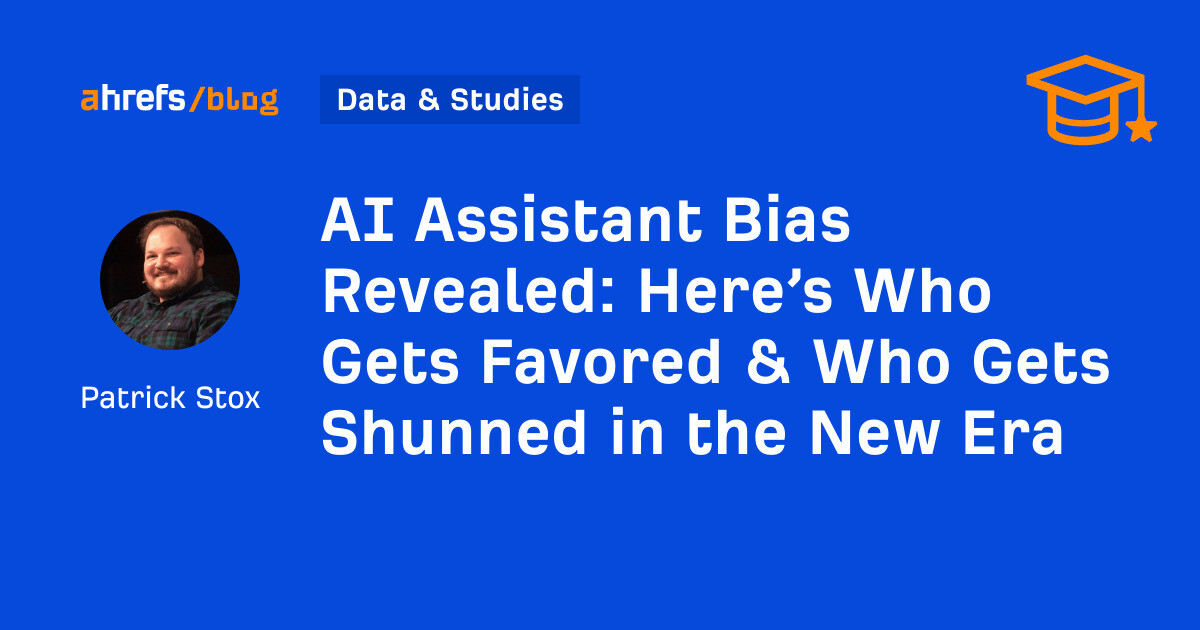
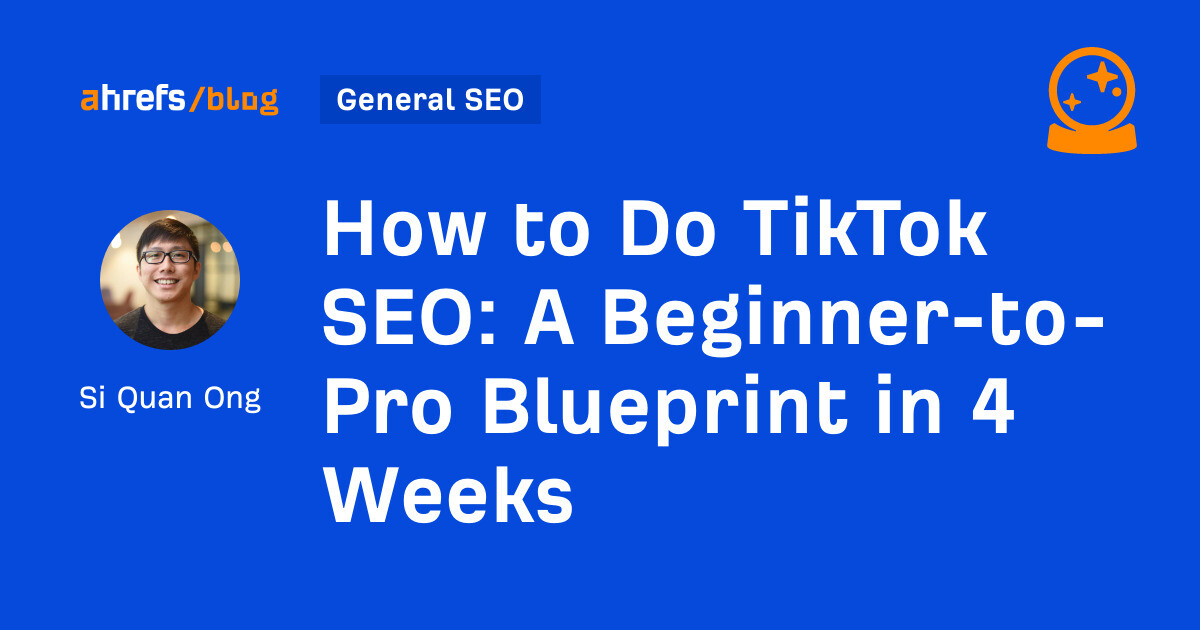
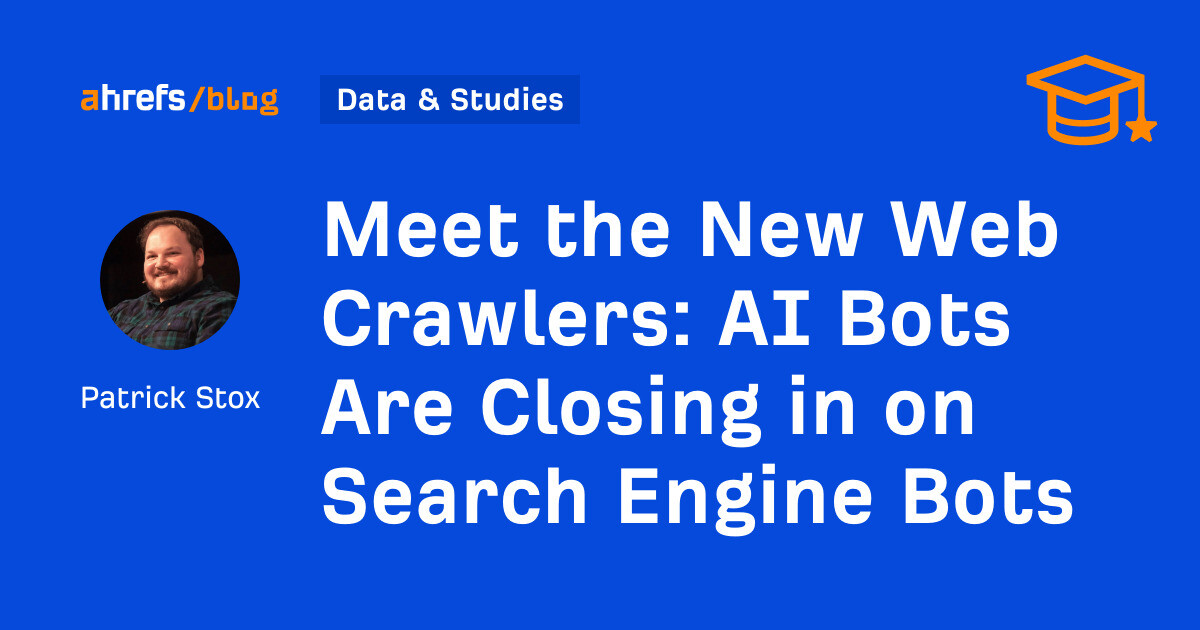

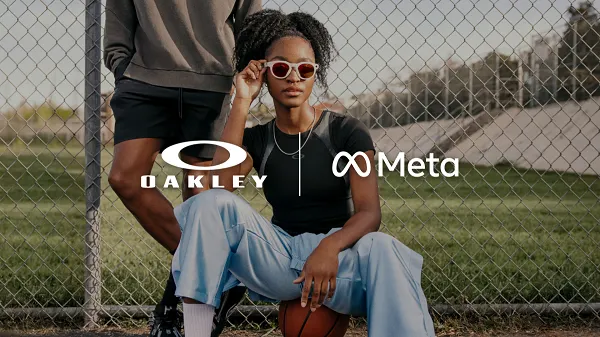




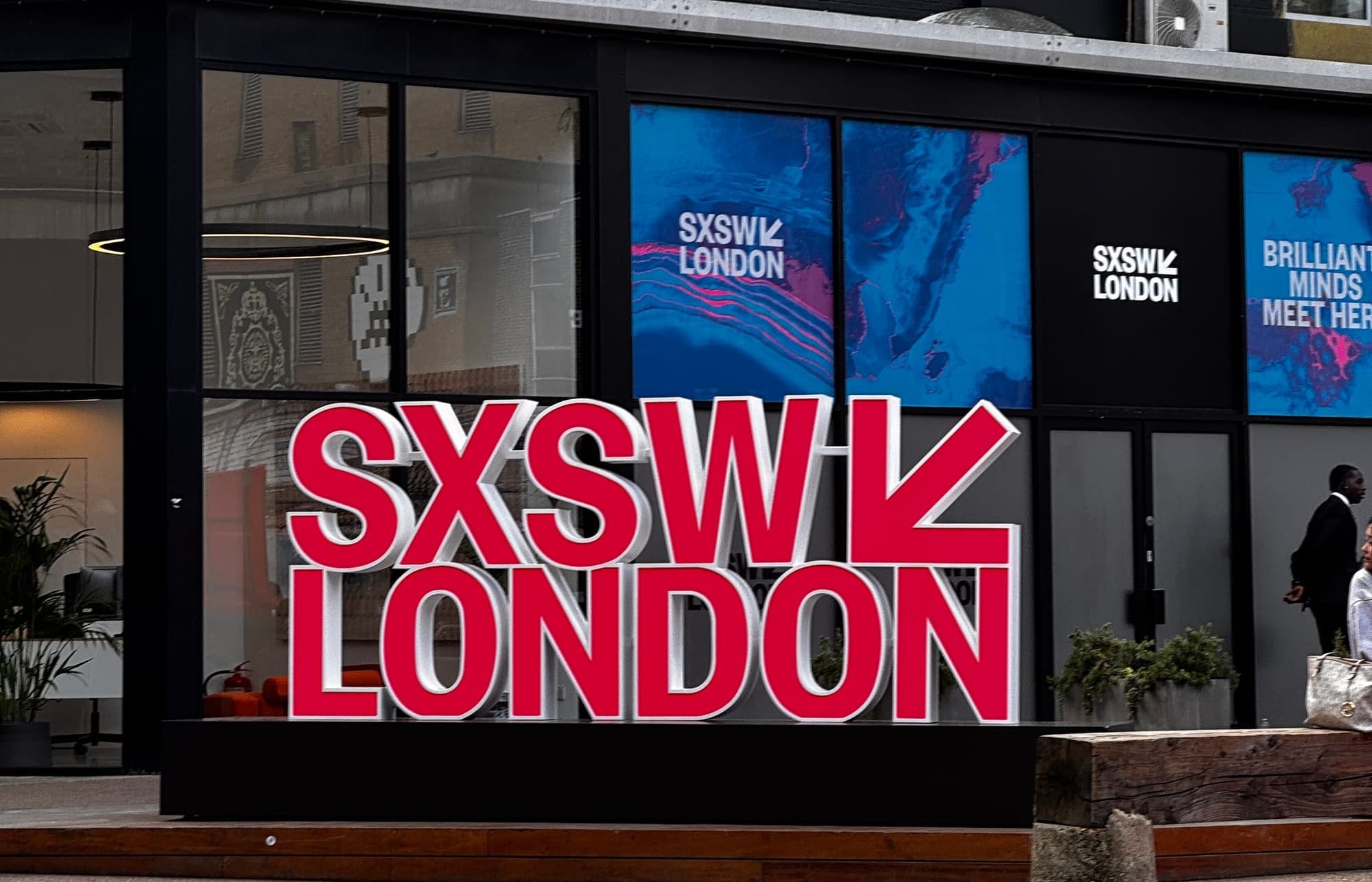






![Brand pitch guide for creators [deck and email templates]](https://blog.hootsuite.com/wp-content/uploads/2022/06/brand-pitch-template.png)





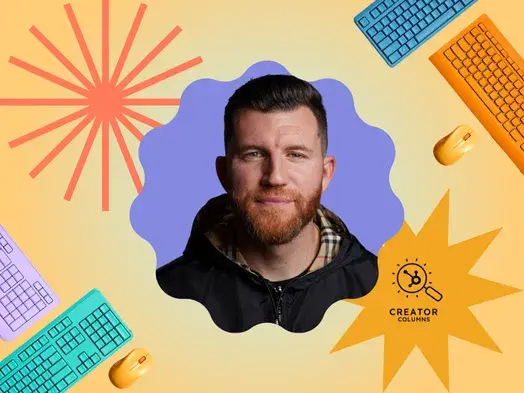





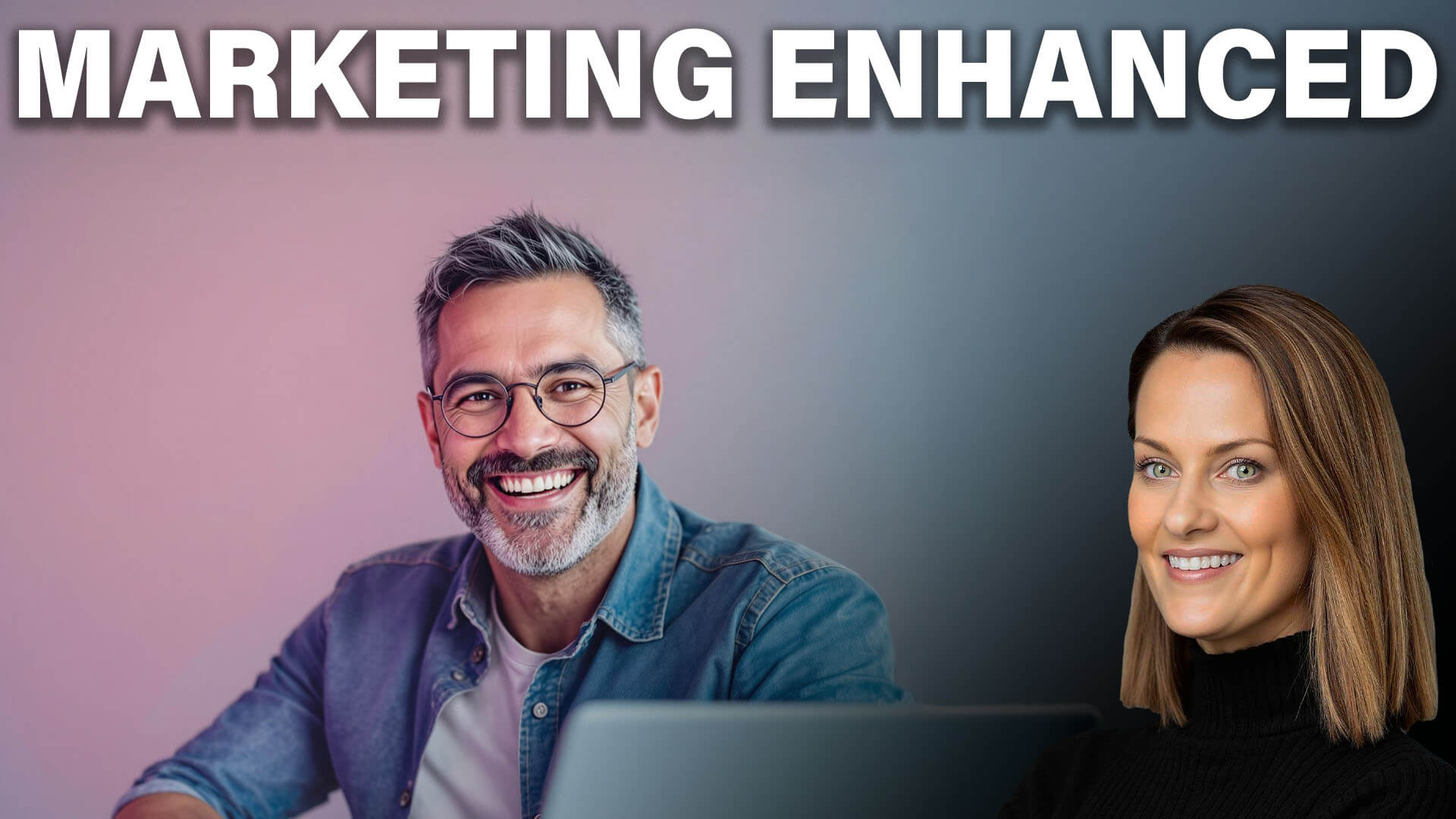






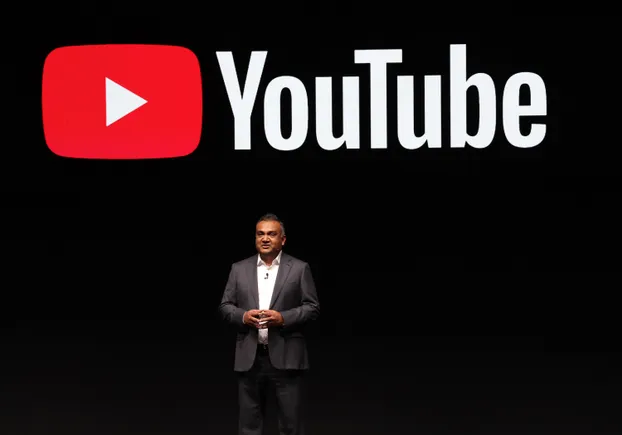
![The Largest Communities on Reddit [Infographic]](https://imgproxy.divecdn.com/vfTS-YsC_ZrqM6F4tAXJgV6qj3gCHSsf2dvHufDbrrQ/g:ce/rs:fit:770:435/Z3M6Ly9kaXZlc2l0ZS1zdG9yYWdlL2RpdmVpbWFnZS9sYXJnZXN0X3JlZGRpdF9jb21tdW5pdGllczIucG5n.webp)





